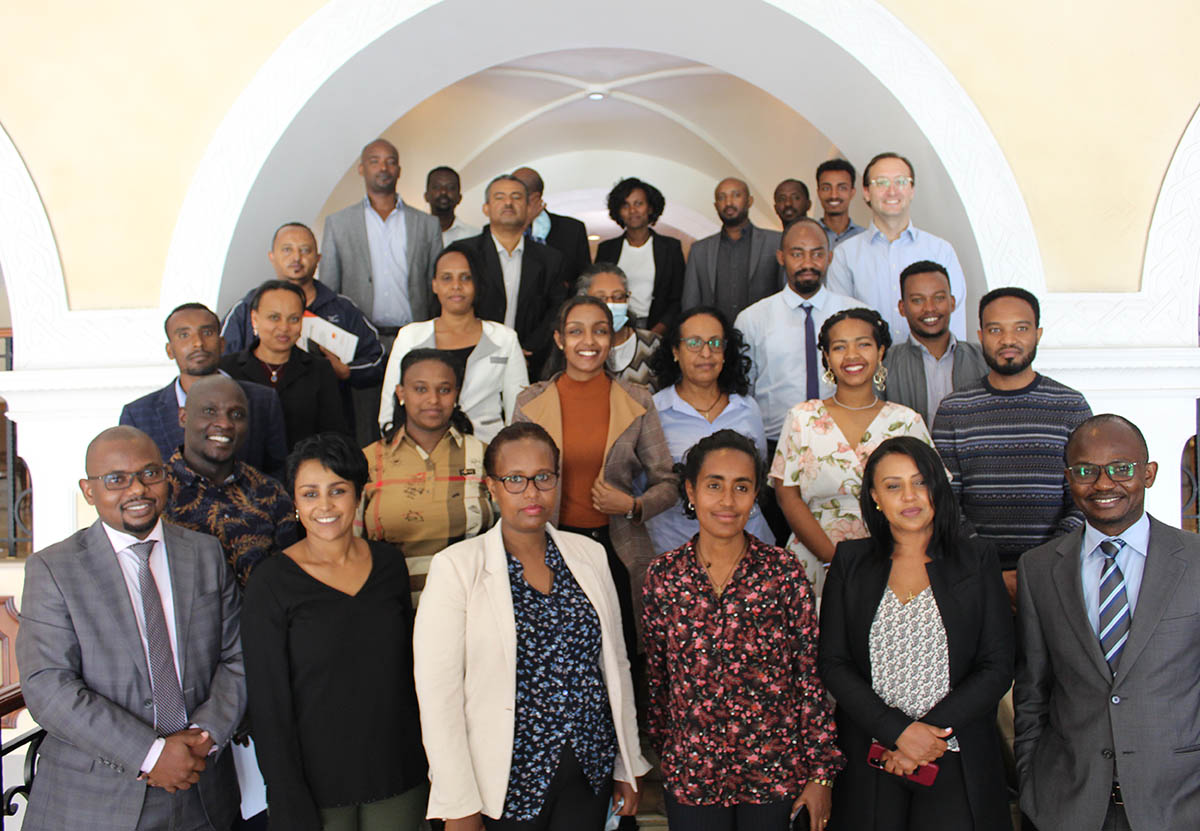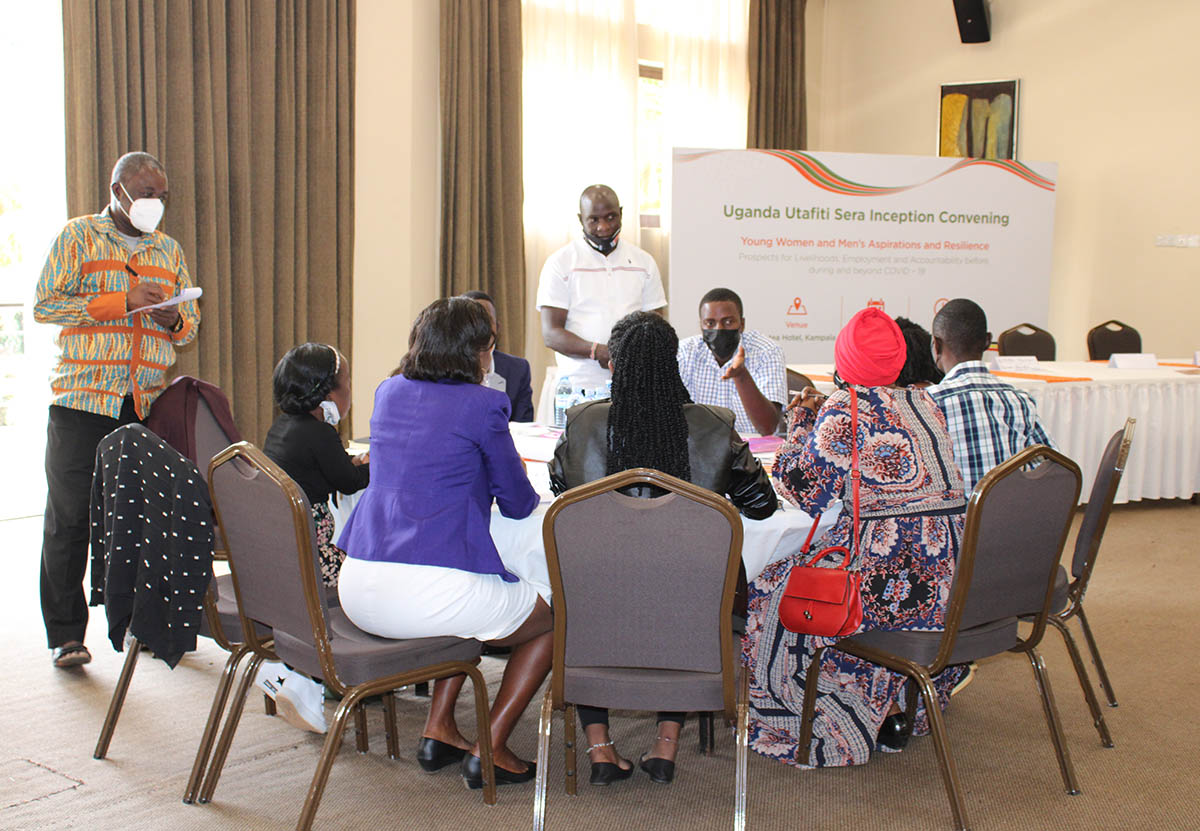The study Young Women and Men’s Aspirations and Resilience: Prospects for Livelihoods, Employment and Accountability, during and Beyond COVID-19, is implemented in seven African countries of Ethiopia, Ghana, Kenya, Nigeria, Rwanda, Senegal and Uganda. COVID-19 has caused unprecedented impact across the globe. For Africa, these impacts have exacerbated pre-existing challenges such as unemployment and underemployment, thus hinder socio-economic development and growth.
The objective of the YAR House is to enable co-creation of knowledge and evidence through the interaction and collaboration with various stakeholders including the Youth themselves towards understanding the aspirations, resilience and adaptability of African Youth and further use the evidence to advocate and support the design of dignified work and employment.


